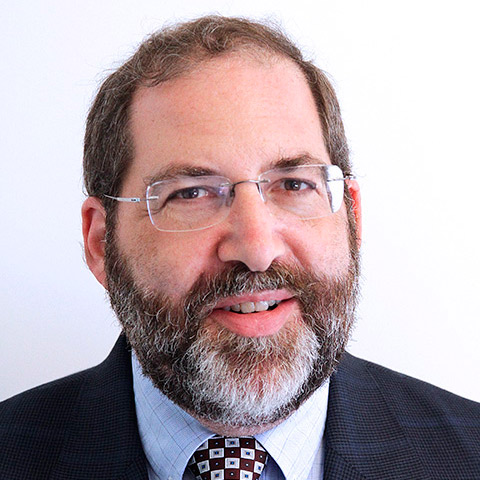Abstract
The conventional explanation of raising income inequality is often referred to as the skills-biased towards technical change hypothesis. Global forces have led to structural economic changes in which we now have a two-tiered economy: a highly skilled and highly paid economy at the top of the income distribution and a poorly skilled and poorly paid economy at the bottom of the income distribution. However, in recent years, conventional theory has been called into question by what can be characterized as the public policy hypothesis, which holds that it is because of public policy, both active and passive, that labor market institutions, which bolstered poor and middle class incomes, have deteriorated. As a consequence of this deterioration, income inequality has only risen. Through an examination of data from the Current Population Survey for 1982 to 2013, with a greater focus during the 2000s, this paper seeks to resolve which hypothesis would appear to have greater currency. Although there is no question that the data does support the skills-biased towards technical change hypothesis, the data also shows that these forces may have been exacerbated by the deterioration of important labor market institutions.
Keywords: Minimum Wage, Inequality, Skill-biased Technical Change, Unions, Labor Market Institutions, Right-to-Work Laws.
JEL codes: D30, D31, D63, E02, J08, J18, J31, J38

